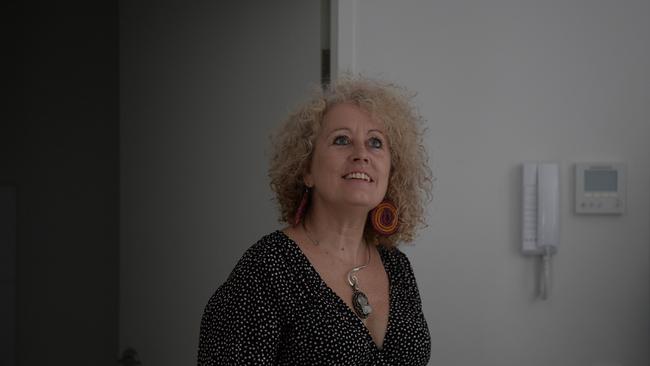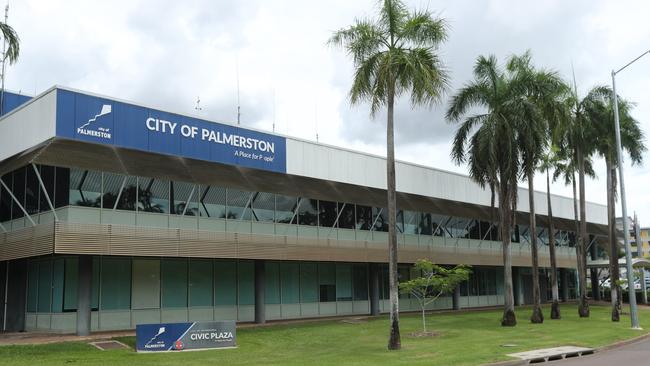Tribunal finds Venture Housing not liable to pay rates to City of Palmerston, LGANT fears impact
A Top End community housing provider does not have to pay rates to the City of Palmerston, a tribunal has found, a decision LGANT president Kon Vatskalis fears will greatly erode municipal budgets.

Northern Territory
Don't miss out on the headlines from Northern Territory. Followed categories will be added to My News.
A community housing provider has successfully argued it is not liable to pay council rates by virtue of a contested legislative provision, a decision the local government sector fears will ruin municipal budgets in the Territory as more stock is transferred to not-for-profit providers.
Earlier this year, Venture Housing, which owns and manages about 500 affordable dwellings in Darwin, Palmerston and Tennant Creek, disputed its City of Palmerston rates notice on 125 dwellings at Johnston and Driver.
Venture argued as it was a not-for-profit charity registered with the regulator ACNC, it was not liable to pay rates by virtue of s222(1)(g) of the Local Government Act 2019, which holds that charitable land is exempt from council rates provided it is used for a “non-commercial purpose”.
The council argued despite the tenancies being offered at below-market rate to people experiencing or at risk of disadvantage, the provision of housing in exchange for rent still constituted the use of the land for a commercial purpose.
Late last year, the Northern Territory Civil and Administrative Tribunal ruled in favour of Venture, finding offering cheap housing to the marginalised and disadvantaged was not a commercial activity.
“There is no evidence to suggest that the leasing of the lots is capable of returning a profit or that the lessor [Venture] is preoccupied with profits or immediate gains,” tribunal member Leslie McCrimmon found.
“By leasing the properties at below market rents, it cannot be said that, objectively, the lessor is setting possible commercial return above other considerations.”

Venture Housing was asked by this masthead whether it now intended to cease paying council rates on all its land in the NT, but no response was received.
In the not-for-profit’s filings as part of the tribunal case, CEO Karen Walsh argued the rates exemption was in the public interest and would allow the provider to house more vulnerable Territorians, giving them a better chance of staying out of trouble and off the streets.
“The financial liabilities we currently incur through our rates bill seriously limit our capacity for growth,” she said in an email to Palmerston council’s former CEO Luccio Cercarelli.
“With rates exemptions built into our financial models for new housing, we could service more homes and, therefore, be more able to deliver an increased yield.”
In a statement, the Local Government Association of the Northern Territory said it was deeply concerned about the budgetary impacts the tribunal decision would have on municipalities.
The NT government currently pays rates on all its social housing, but has a policy to transfer up to 40 per cent of its stock to community housing providers.
If all charities and public benevolent institutions, including community housing providers, stopped paying rates, Alice Springs Town Council would have to raise rates 1.5 per cent and the City of Darwin 9 per cent to cover the shortfall, LGANT president Kon Vatskalis said.
“Councils will likely have to pass on reduced revenue and increased costs of service delivery and infrastructure to residents,” Mr Vatskalis said.
Section 222(1)(g) was also used by the Kalymnian Brotherhood Darwin earlier in 2024 to successfully dispute a $22,977.25 rates bill levied on its Marrara headquarters.
Local Government Minister Steve Edgington said his department would “undertake consultation early this year regarding potential amendments to the Local Government Act 2019”.
“This consultation will include rates exemptions for community housing providers,” he added.





